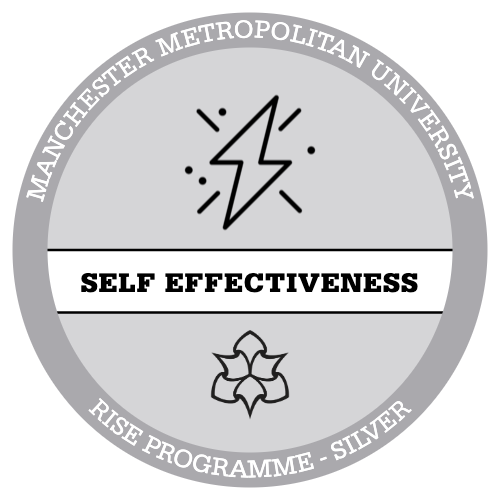Internal Psychology Research Seminar - 26 February 2025
Hi everyone,
You are invited to attend the next seminar from the Psychology Seminar Series on Wednesday 26 February 2025, 11:00-12:00pm in BR 3.81.
Attendance will be collated at the end of the seminar and RISE points will be allocated accordingly.
In this seminar, two speakers will deliver short talks followed by a brief interview with the hosts and questions from the audience. Both speakers are PhD candidates within our School. Please see below for details:
______________________
Kayumba Chiwele, PhD Candidate, School of Psychology
A community-based intervention to improve mental health in female survivors of sexual and gender-based violence (SGBV) in a peri-urban community of Misisi in Lusaka, Zambia
Despite the high prevalence of domestic violence cases in Zambia’s poor communities and the trauma associated with the survivors, most initiatives that seek to prevent sexual and gender-based violence (SGBV) remain small-scale and short-term. Using a longitudinal mixed-method design, this doctoral study sought to assess the extent and main forms of SGBV that women and girls are exposed to in Misisi compound, a peri-urban community in Zambia and then went on to evaluate the feasibility and preliminary effectiveness of a novel trauma-focused community-based intervention (CBI) supporting survivors. Study 1 reviews and evaluates existing literature on the effectiveness of interventions designed to enhance mental health in female SGBV survivors from LMICs. The review finds that whilst CBIs are increasingly becoming popular in addressing SGBV, more research is needed to explore psychological interventions delivered by lay counsellors in LMICs, as there remains a significant gap in this research area. Study 2 presents the delivery of a co-developed TF-CBT training to a group of six wives of religious leaders (Amai Busas) with no mental health background and demonstrates its effectiveness in enhancing their confidence, knowledge, and skills in delivering TF-CBT to survivors. Study 3 demonstrates the feasibility, acceptability and effectiveness of a six-week TF-CBT intervention delivered by the trained Amai Busas in significantly improving mental health among female SGBV survivors and positively impacting the community. A co-developed, culturally adapted CBI delivered by trained and supervised members of a low-resource community was successful in enhancing the mental health of women affected by SGBV in a LMIC country with a shortage of mental health specialists. Additionally, training co-developed in collaboration with lay community members had a positive outcome and impact on participants’ knowledge, skills and perception of their ability to support female survivors of SGBV.
Lauren Kinch, PhD Candidate, School of Psychology
Possible Therapeutic Uses of Imaginary Companions
Up to 65% of children use their imagination to create an imaginary companion (IC). Children who engage with imaginary companions are identified to have more advanced social, emotional and communication skills and a better understanding of theory of mind. Children are reported to use their imaginary friends for comfort, motivation, self-regulation, self-esteem enhancement, personality exploration and to enhance their life experiences. The current research has highlighted the vast individuality of children’s experiences with their imaginary companions, with some children creating attributes that are required in that moment. For example, a child may role play with their imaginary companion as a safe way of exploring new experiences, so may attribute a bossy personality to their imaginary companion to see what sort of response they may receive. Likewise, parents report that they see their children’s imaginary companions as part of the child, with a great sense of realism and identification. Imaginary companions can also bring children comfort and can act as a consistency when a child is struggling. Linking this research to the real world, if the therapeutic benefits of imaginary companions are more understood in children, including them within children’s therapies could boost patient clinician communication and the mental health and wellbeing of the child. If we could harness this natural phenomenon, it could be used as a low-cost global solution within children’s mental health services.
____________________
Any questions, please contact Danielle Labhardt (d.labhardt@mmu.ac.uk) or Matt Brooks (m.brooks@mmu.ac.uk).
Associated Badges:
In A Nutshell...
- Engage in person... on a Wednesday between 11 and 12 in the Brooks building
- Find out... about the different types of research being conducted within the School of Psychology
- Learn... what it's like to conduct psychological research
- Gain awareness... of how psychological research can address real world problems
- Ask... questions to the experts within the field
- Network...with other students and researchers
- Earn up to 5 Rise points ... which can be recognised within your degree.
Schedule
-
11:00 to 12:00 on 26/02/25 - BROOKS 3.81
Attend an event In this scheduled event you will learn about the different types of research that is being conducted within psychology.







